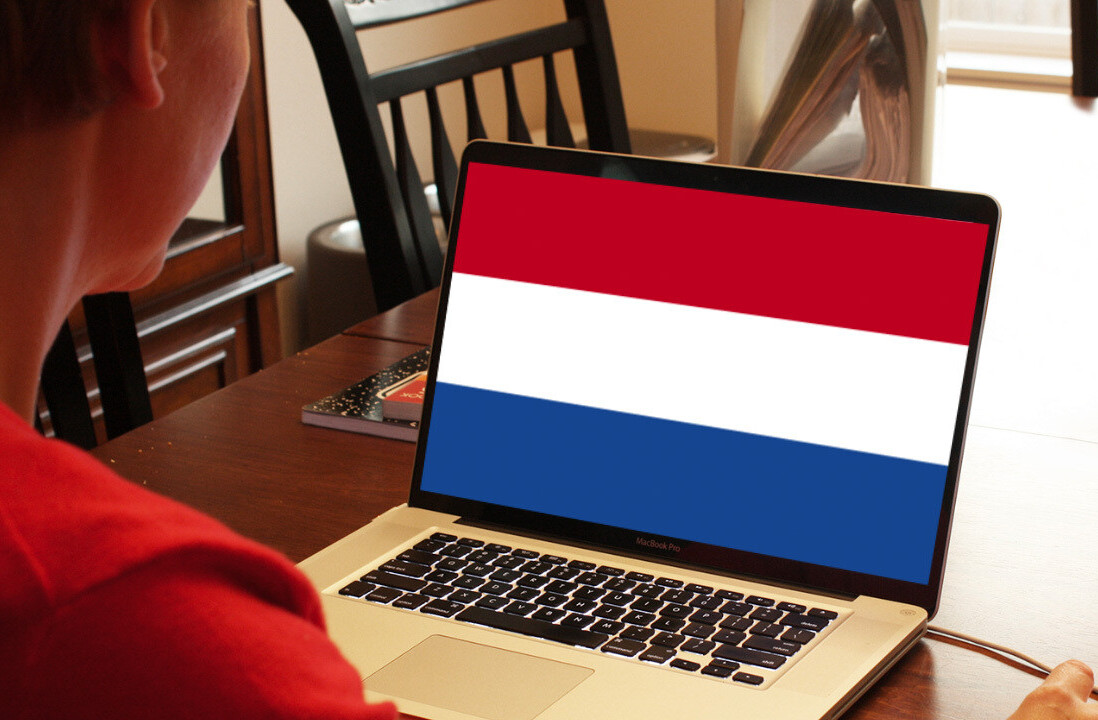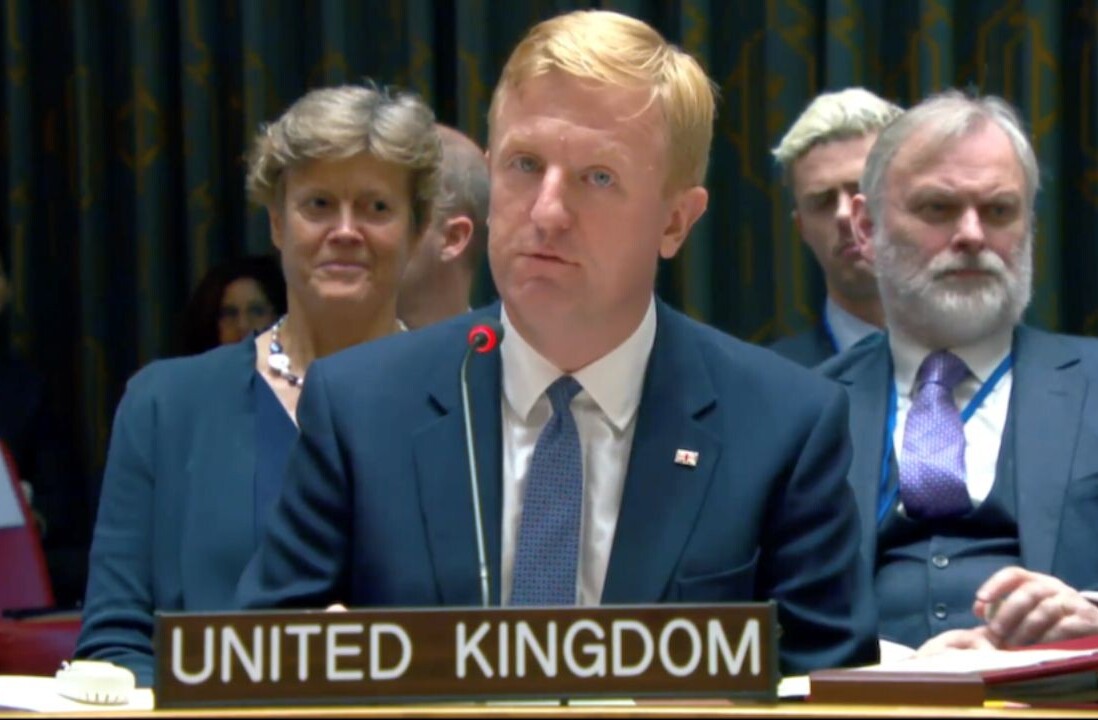
The UK ISP ‘porn opt-in’ debacle, an issue which arose from concerns that children are being exposed to sexually explicit content, has existed in various forms over the past two years — from early meetings with the UK’s largest ISPs in 2010 to letting parents decide to opt-out.
Now, a new public consultation, once again led by conservative MP Claire Perry, has shown that just 35% of UK parents are interested in an automatic block on pornographic images, while 15% of those surveyed wanted some content filtered, BBC News reports.
With these results, which came from 3,500 citizens, ministers have reportedly rejected the proposal to automatically block Internet access to pornography.
Had this proposal been accepted, adults would need to opt into viewing porn on their computers. This, of course, sounds insane to us for the following reasons:
- How do you define porn? Sure, some sites are obviously explicit but what about sites which cover the academic study of pornography? What about message boards like 4chan which cover a wide range of topics including porn? Where is the line?
- If you do block sites which cover porn among other subjects, where do you stop? It potentially lets Internet censorship into the UK through the back door.
- Adults shouldn’t be stigmatised for viewing porn. Forcing them to contact their ISPs for “permission” does that.
In my own opinion, the greatest risk here is that by introducing new legislation which lets the government establish what is and isn’t okay to view, we could be paving the way for new restrictions, which would ultimately lead to greater government control. By starting off with automatic blocks on sexually explicit content, blocks on violence could then follow, and the fear is that our ability to decide on what information and media we’d like to access (and not view) could disappear.
No matter, despite the concerns of the NSPCC and Perry, the opinions of many UK residents have spoken, and for now, it appears this proposal has been blocked. Instead, the government is asking Internet providers to “encourage parents to switch on parental controls.”
In the end, a balance must be reached, as the original cause for this proposal is to protect children — that’s always a good cause. It’s how we achieve these goals, while taking all implications into consideration, that counts.
Get the TNW newsletter
Get the most important tech news in your inbox each week.




